Decades of afforestation help turn Guyuan into an agricultural hub
While much of China endures summer heat waves, Guyuan, a city in the Ningxia Hui autonomous region with an average temperature of just 18 C, has big plans for potatoes and cool-season vegetables.
"Guyuan was once considered one of the least habitable places due to its barren land, frequent sandstorms, lack of vegetation and water scarcity," said Hua Zhimin, Party chief of the city. "Significant changes have occurred thanks to decades of afforestation and soil and water conservation efforts."
Hua said Guyuan is known for its high-quality beef, potatoes and cool-season vegetables, with over one million head of beef cattle and 54,000 hectares of potatoes under cultivation. The city's cool-season vegetable planting area spans 31,000 hectares.
"A key to rural revitalization and sustained income growth is developing specialty agricultural industries and creating more jobs," Hua said.
Guyuan's agricultural development plan aims to have two industries with output values exceeding 10 billion yuan ($1.41 billion) — beef cattle and potatoes — and two additional industries valued at over 5 billion yuan — cool-season vegetables and traditional Chinese medicinal materials — by 2027.
Hua said the city has taken a holistic approach to conservation, targeting mountains, rivers, forests, farmlands, lakes, grasslands and sandy areas. These efforts have transformed Guyuan into a model of coexistence between humankind and nature.
Guyuan has planted trees on more than 40,000 hectares of land a year over the past two years, while also controlling soil erosion across an average of 300 square kilometers a year, Hua said. Forest coverage has increased to 16.1 percent from just 1.4 percent in the 1970s, when the Three-North Shelterbelt Forest Program began. Grassland vegetation coverage now stands at 86.7 percent, while the soil conservation rate has reached 80.5 percent.
Building on its ecological resources, Guyuan is developing the Liupan Mountain National Park and pursuing recognition as a national forest city. The city is also promoting ecological industries such as forest beekeeping, mushroom cultivation, chicken farming and forest therapy tourism, helping to convert ecological gains into economic benefits.
Last year, Guyuan planted 14 million mushrooms, raised 1.02 million chickens, kept 100,000 bee colonies, and cultivated 36,600 hectares of medicinal herbs and other forest-based plants, generating over 2 billion yuan in economic output, according to a government report.
Positioning itself as a city with ecological, cultural and tourism characteristics, Guyuan is integrating agriculture, culture and tourism to become a modern, beautiful city with a flourishing countryside and prosperous industries, Hua said.
Since overcoming poverty in 2020, the city has focused on strengthening industries, encouraging entrepreneurship and improving employment opportunities. Last year, the per capita disposable income of urban and rural residents increased to 36,222 yuan and 15,439 yuan, respectively — 2.1 and 3.3 times higher than in 2012. The per capita net income for those lifted out of poverty rose to 14,929 yuan, up 16.5 percent year-on-year.











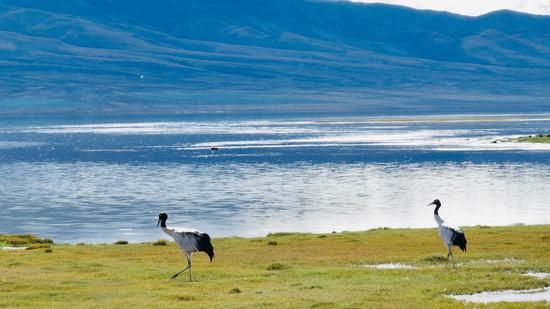

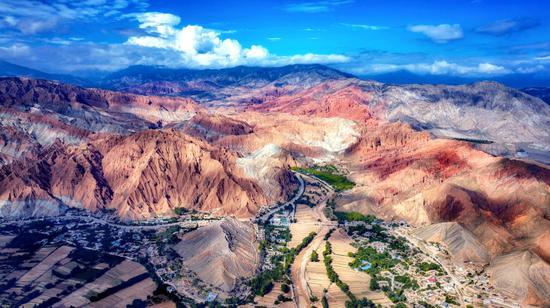
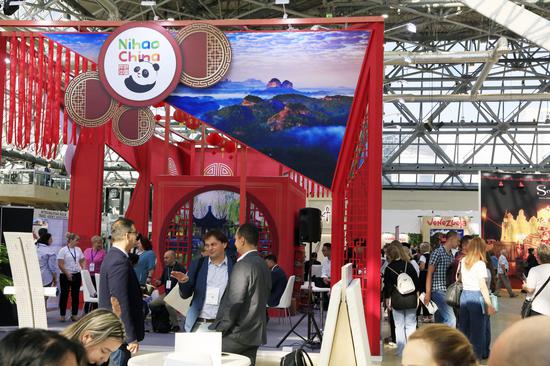
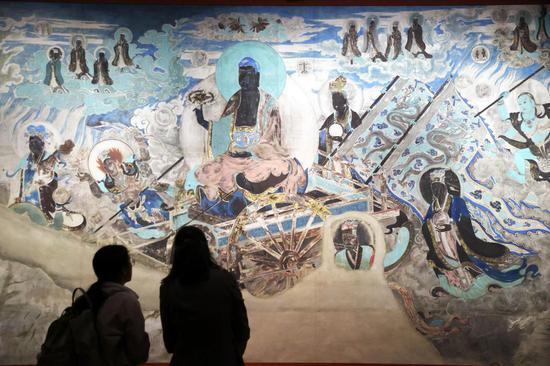
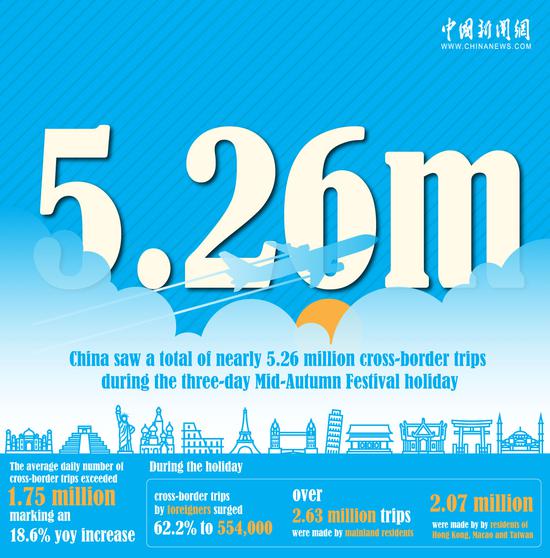
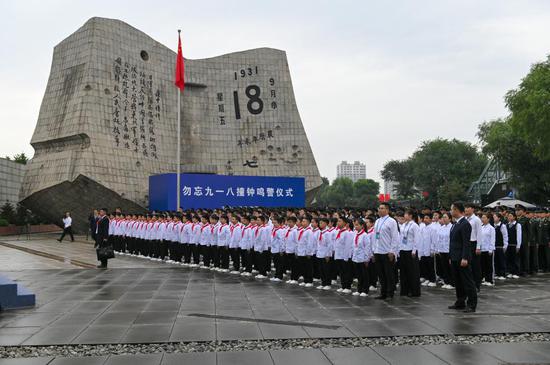

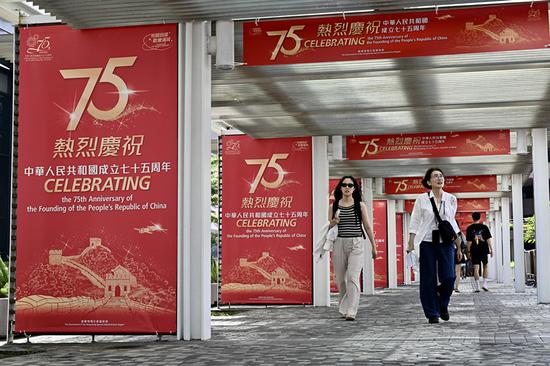

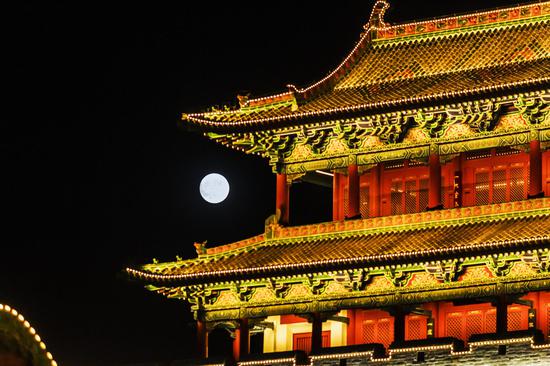
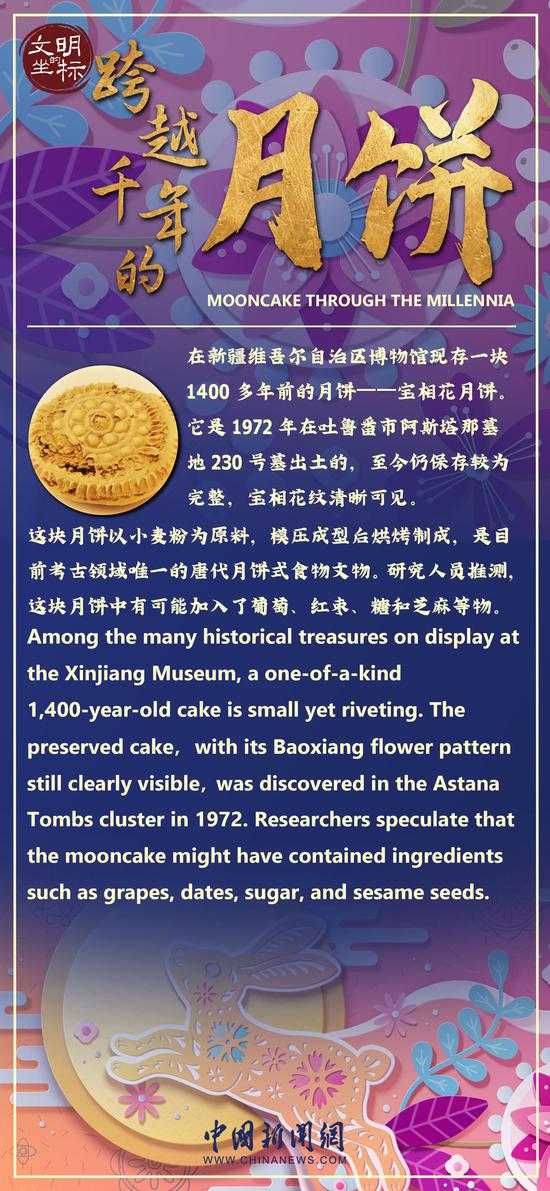
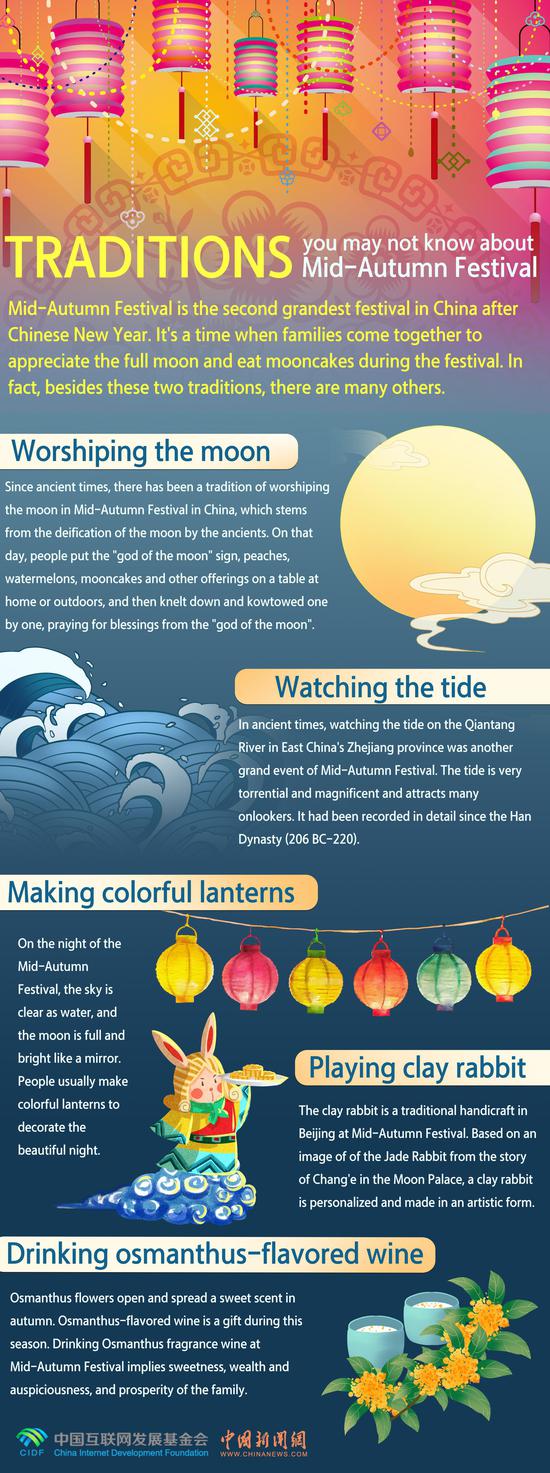
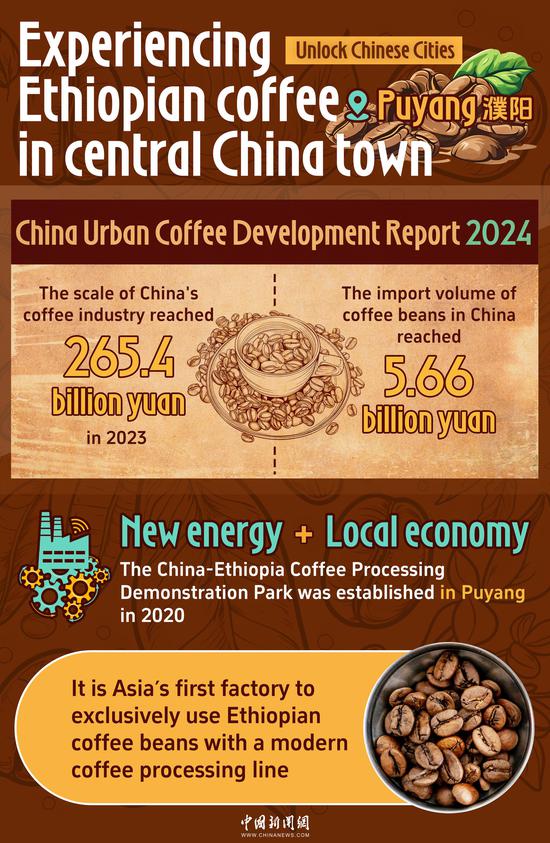
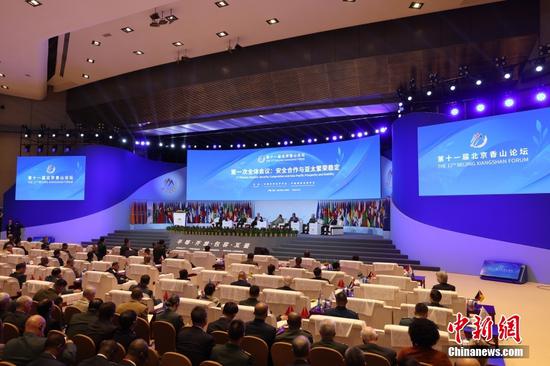

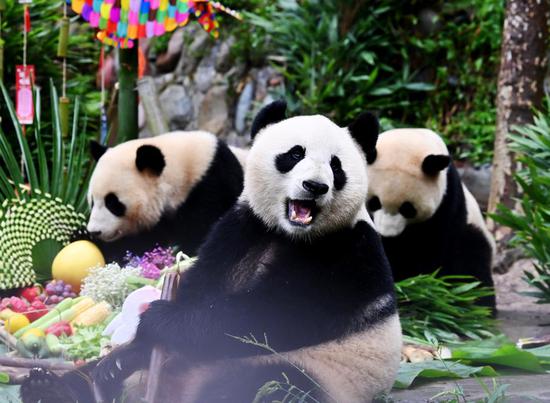


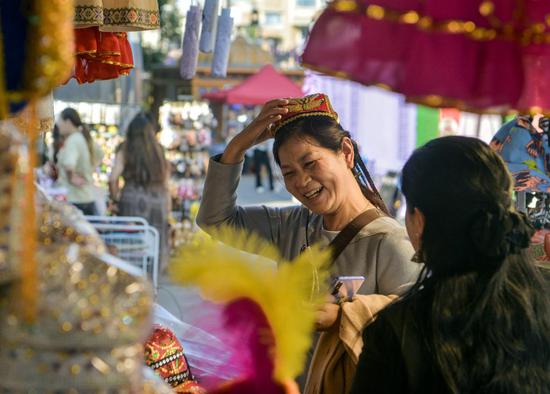
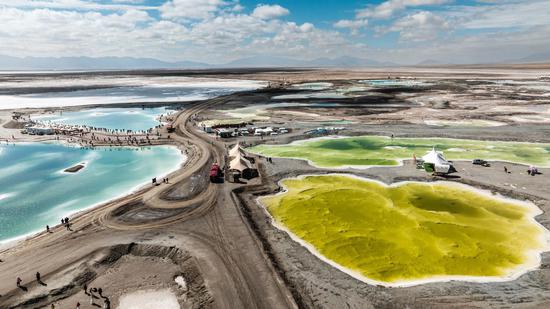
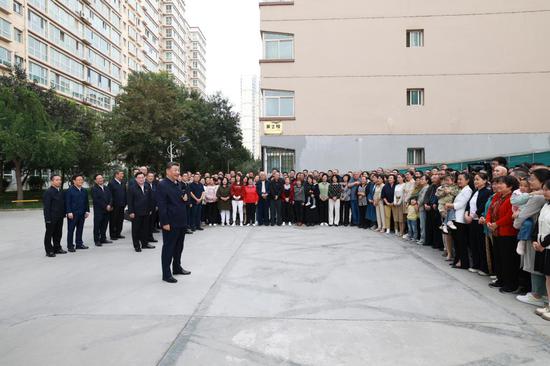
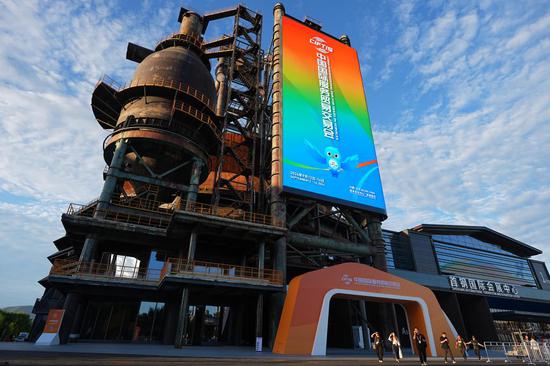
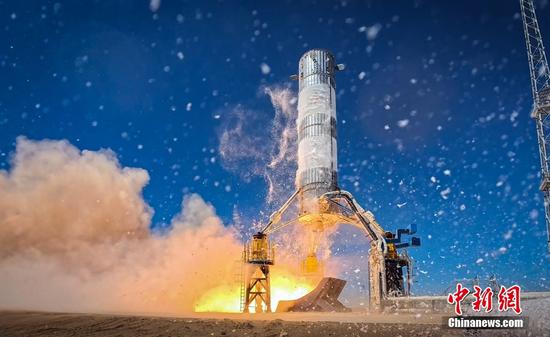


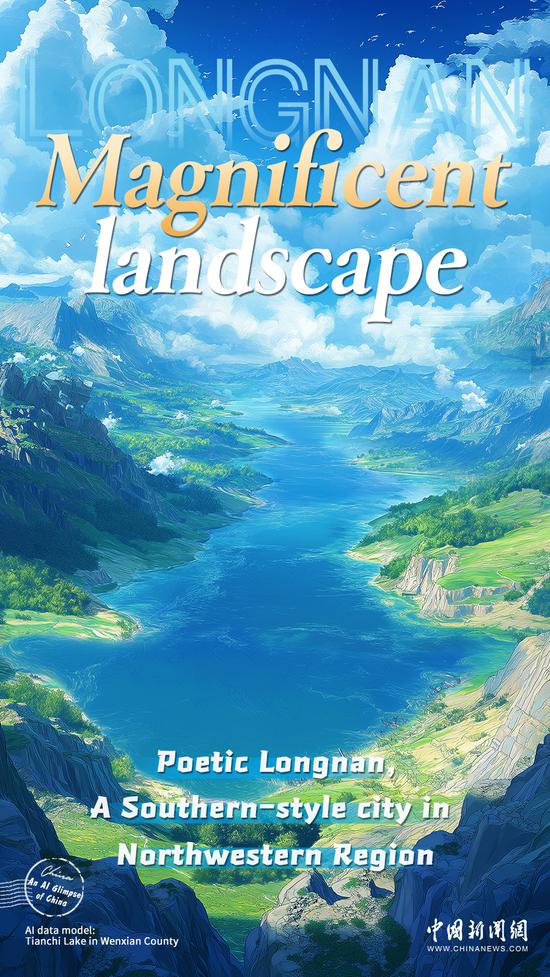

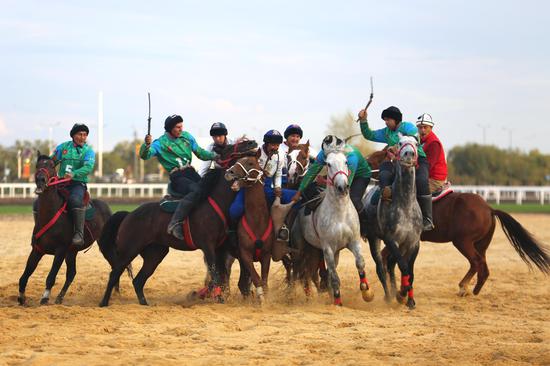
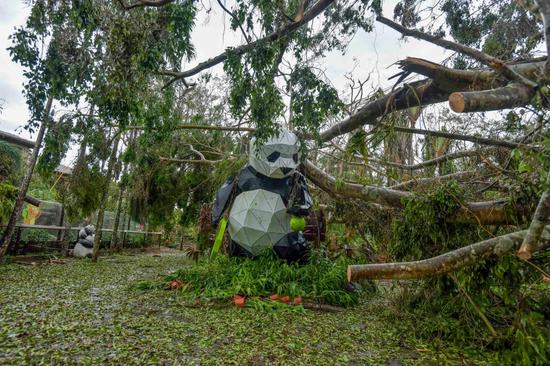

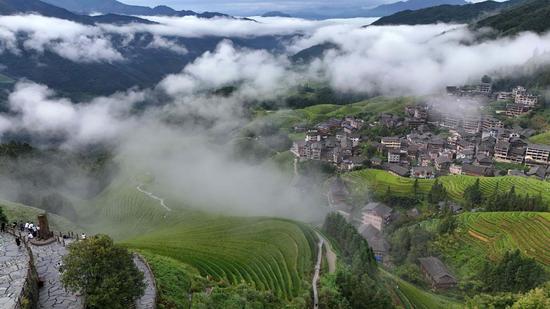

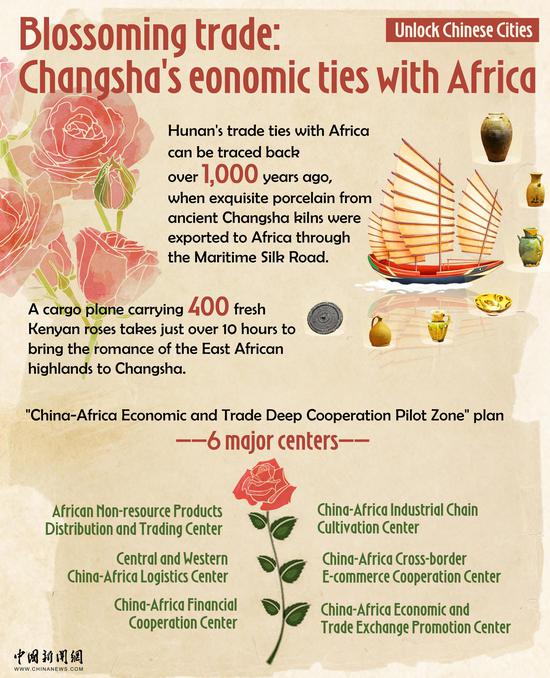





 京公网安备 11010202009201号
京公网安备 11010202009201号